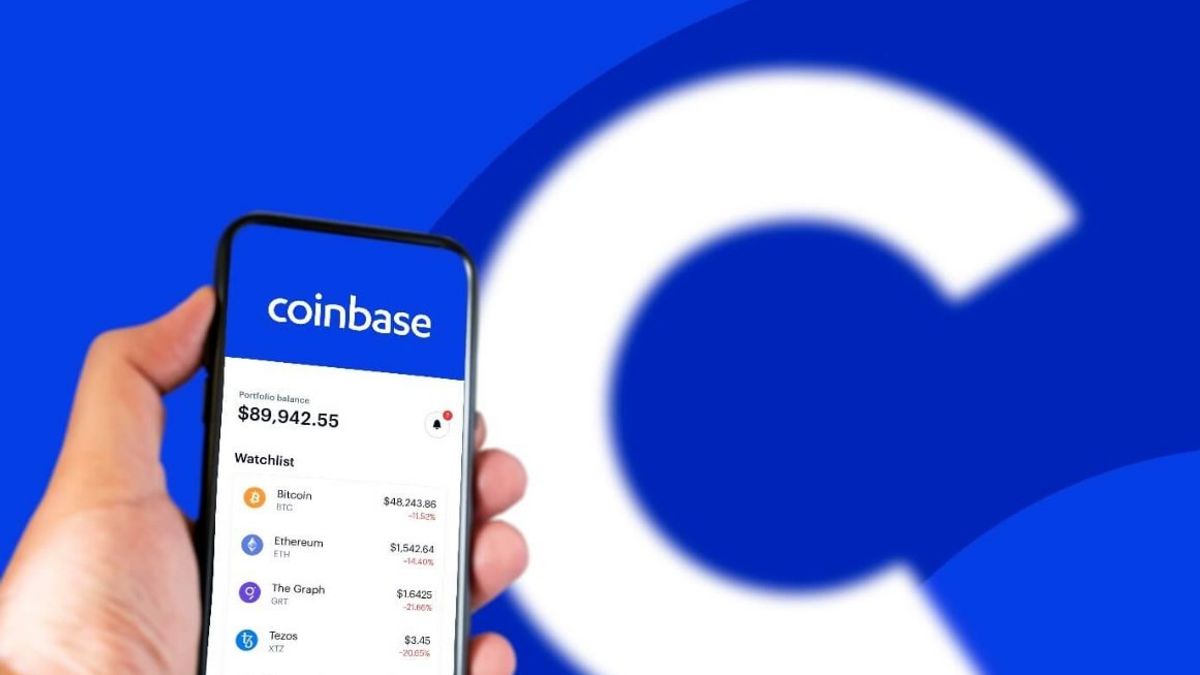Sparkassen to Offer Crypto Trading to Retail Clients by 2026

A profound transformation is sweeping through Germany's traditionally conservative financial sector as Sparkassen-Finanzgruppe, the nation's venerable savings bank association, prepares to integrate cryptocurrency trading directly into its services. This strategic pivot, a significant departure from its long-standing cautious stance, signals a new era for digital assets within mainstream finance, driven by evolving client demands, increasing regulatory clarity, and competitive pressures within the European market.
Sparkasse, which serves an expansive client base of approximately 50 million retail customers, confirmed its plans to offer cryptocurrency trading services, specifically for Bitcoin and Ethereum. This new offering is slated for development over the next year, with full availability expected by the summer of 2026. The services will be seamlessly accessible through Sparkasse’s widely utilized mobile application, managed and facilitated by its wholly-owned subsidiary, DekaBank. DekaBank, known for its institutional-grade infrastructure, asset management expertise, and robust risk management framework, will play a crucial role in ensuring secure and compliant trading experiences for private clients.
For years, traditional financial institutions, including Sparkasse, maintained a wary distance from the volatile cryptocurrency market, often due to concerns over speculation and regulatory uncertainty. However, the implementation of the European Union’s Markets in Crypto-Assets (MiCA) regulation, which became effective in December, has provided the necessary legal framework. This regulatory clarity has been instrumental in Sparkasse’s decision to move forward, enabling the bank to build a compliant and secure trading infrastructure. The move is also a direct response to a clear increase in customer demand for direct access to digital assets and competitive dynamics, as rival institutions like Volksbanken, DZ Bank, and Landesbank Baden-Württemberg have already begun or announced plans to offer similar crypto services.
The integration of crypto trading into a familiar banking app by an institution as trusted as Sparkasse is poised to dramatically lower the barrier to entry for millions of Germans who might otherwise be hesitant to use dedicated crypto exchanges. This approach leverages existing client trust, providing a much-needed layer of security and legitimacy to cryptocurrency investments. For retail clients, this means unparalleled convenience – managing traditional savings and digital assets within a single, familiar banking interface. While cryptocurrencies inherently carry risks, trading through a regulated bank like Sparkasse can help mitigate certain operational risks. Furthermore, it is anticipated that Sparkasse will offer educational resources to help clients understand the risks and opportunities associated with crypto investments, promoting responsible adoption among new investors.
Sparkasse's decision is not an isolated event but rather a strong indicator of a growing global trend towards institutional crypto integration. It reinforces the idea that cryptocurrencies are maturing as an asset class and are increasingly viewed as a legitimate component of a diversified investment portfolio, even for traditionally conservative institutions. This strategic pivot signals a cultural shift from cautious observation to active participation in the digital asset ecosystem, setting a precedent for other conservative banks contemplating similar initiatives.
Despite the exciting prospects, Sparkasse and its clients will need to navigate several challenges. These include the inherent market volatility of cryptocurrencies, the need to remain agile and compliant with evolving global crypto regulations, and the paramount importance of robust cybersecurity protocols to protect client assets from hacks and scams. Furthermore, effective client education will be crucial, ensuring private clients new to crypto are well-informed about risks, rewards, and best practices.
Ultimately, Sparkasse’s move marks a pivotal moment for the German financial sector. By breaking its long-standing ban on crypto purchases, Sparkasse is not just adapting to change; it is actively shaping the future of retail finance in Germany, making crypto more accessible, secure, and integrated than ever before. This groundbreaking step by one of Germany’s most trusted banking institutions is a testament to the undeniable trajectory of cryptocurrencies towards mainstream adoption, transforming how millions will interact with their finances.











